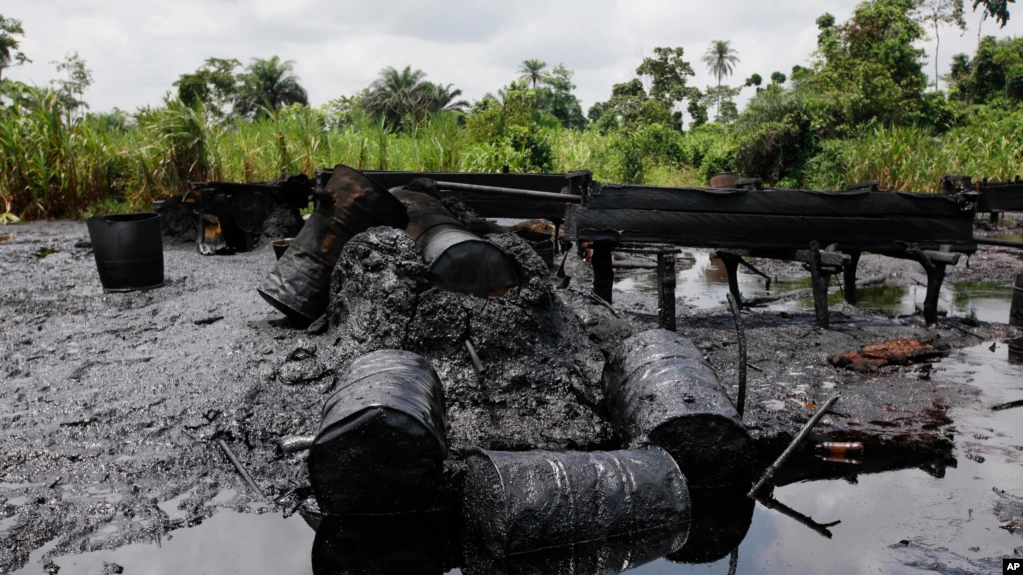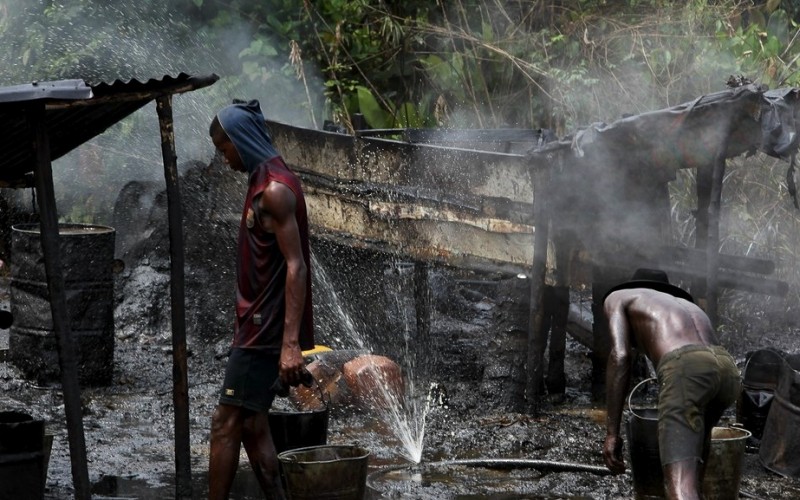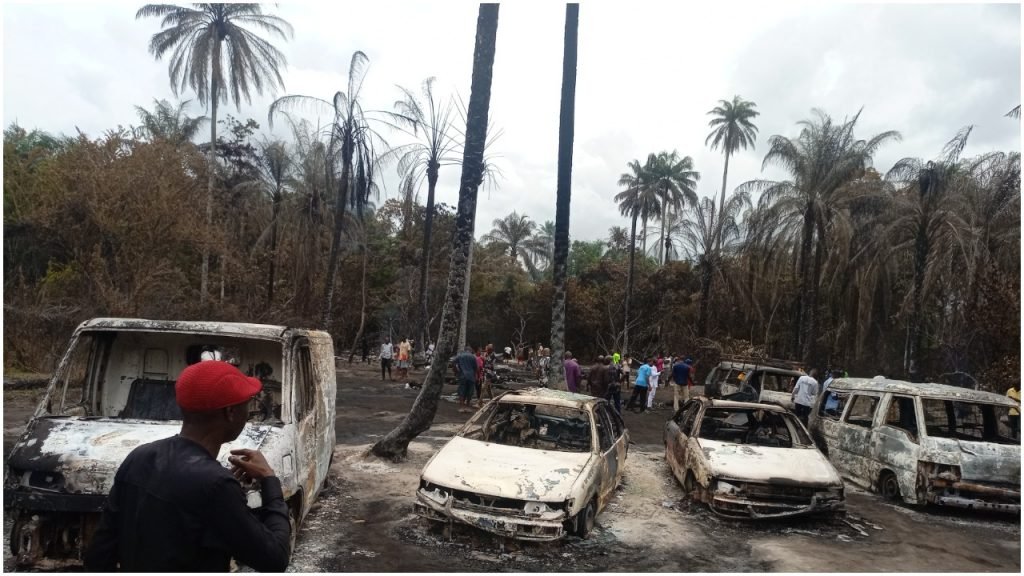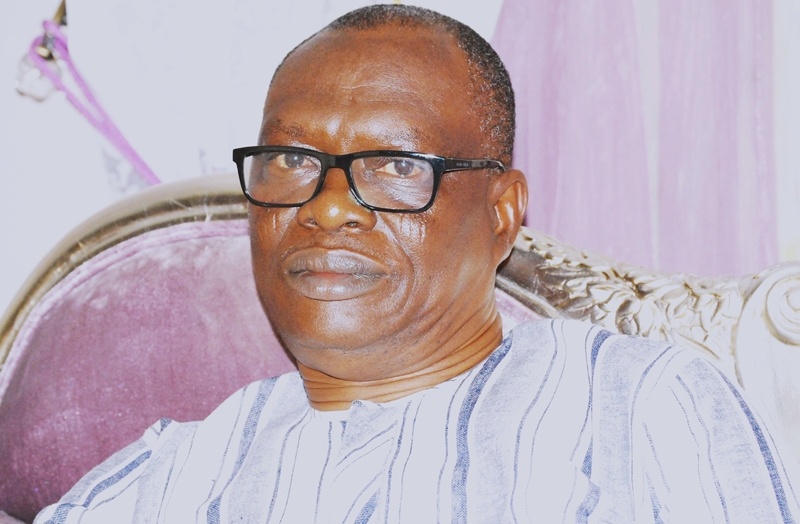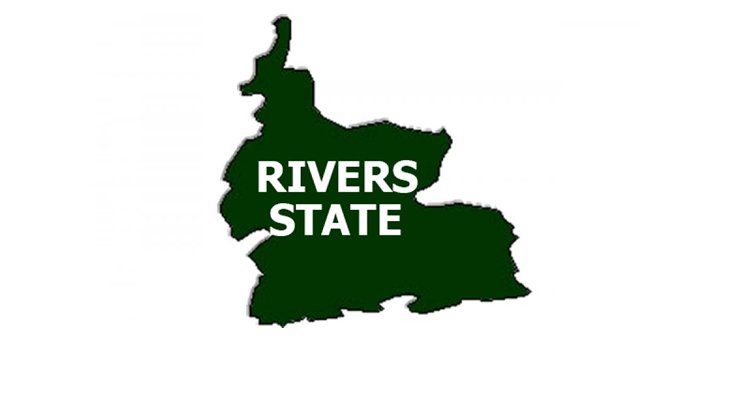By Dakuku Peterside
The debate about politicians being among the best actors on earth is as old as humanity. What makes acting in politics so attractive is its subtle nature, emotional appeal and the interplay between human perception, real-life challenges, and human vulnerability. At the centre of all political drama is symbolic and connotative communication, where the unsavvy audience are fed, albeit subtly, messages that the subconscious assimilate, which concretises existing conceptualisations, create new meanings or re(shape) perceptions. Just as Soyinka’s seminal drama, “The Trials of Brother Jero” used an intricate web of plot, setting, and character to communicate the hypocritical nature of religious activists in Nigeria, political drama manipulate the plot and character to advance a metaphor of strength, growth, or decay.
We get a glimpse of politicians’ political drama from time to time in Nigeria. Remember Chief Festus Okotie Eboh, Gov Ayo Fayose, Senator Dino Melaye and other respected leaders who are potential Oscar award winners., Recently, politicians and political leaders have acted more political drama than addressing the issue of crude oil theft and its corollary, illegal refining. Unfortunately, this issue for which we prefer drama to making hard leadership decisions profoundly affect the economy, environment, public health, and social cohesion. Let us x-ray this political drama scene by scene and identify the symbolisms of the drama, the characterisation of the political “Jeros”, and possible solutions to the problems of crude oil theft and illegal refining.
Scene 1: This scene opens with the setting of the creeks of Niger Delta, littered with a network of pipelines and induced illegal tampering of oil pipelines from base to terminals by criminals who are bent on stealing crude oil. The protagonists are youths who blame poverty, unemployment and exclusion of their communities from tangible development initiatives as reason for their actions. These youths have collaborators and benefactors in these nefarious activities. We must confront pertinent questions whose answers have ramifications for Nigeria: What is the plot? Who are the heroes and the villains, and what is the impact of their activities on the oil sector by extension national economy? What is the actual volume of crude oil stolen every day and every month? Who are the thieves and their sponsors?
NNPC figures for stolen crude from January to December 2021 and NUPRC (formerly DPR) figures for Jan-December 2021 differ. It ranges from 115,000 to 300,000 barrels per day(bbl/d). This estimate translates to between 42m to 110m barrels of crude oil per annum. At an estimated price of $90 per barrel, these amount to between $3.8b and $9.9bper annum. Stolen crude at its peak is more than the amount of crude oil produced in three African countries Viz Ghana, Cameroon and Chad . This oil is stolen from the pipelines linking wells to terminals. More baffling is the fact that billions of Naira is spent annually to protect this same network of pipelines. This volume of stolen crude implies that we cannot meet our OPEC quota and are losing trillions of Naira to some smart boys in the creeks with consequential impact on the economy. We were producing 2mbbl per day in the past, but today we are doing only about 1.3mbb per day due to crude oil theft. The unknown “thieves” have always gotten away with their loot from early 2000 to date. These raise multiple questions for which there are no answers yet. . Just imagine what $9.9b, if properly managed, could do in our communities – the number of roads, hospitals, schools, and other infrastructure that it would have built. This does not even take into consideration, the environmental degradation, associated risk and their impact on our livelihoods.
Scene 2: The second scene opens with big foreign vessels/badges in the high seas carting away some of the stolen crude oil overseas to foreign refineries. It is estimated that eighty per cent of the stolen oil is exported, while the balance of 20 per cent goes into illegal refining in “refineries” dotting the landscape of the Niger Delta creeks. The vessels and the illegal refineries are very conspicuous and visible to be noticed yet, these illegal operations have been going on without any significant challenge from Government or governmental institutions including security agencies.
It is noteworthy that all these areas this crime against Nigeria is perpetrated have naval and marine police presence, yet the thieving of crude oil has been going on in the past 20 years. It is alleged that some security personnel connive with and even protect the criminals and the gangs operating these illegal activities. The activities of these hoodlums have been known for a long time, but the political will to stop them has not been present. How can it be that in the past years, since these criminal activities have been in the public domain, not a significant number of criminals engaged in this have been caught, arraigned, prosecuted, and incarcerated if found guilty? Crude oil theft and illegal refining generate illicit wealth that fuels drugs consumption, arms proliferation, and criminal gangs.
Scene three: It opens with the devastating environmental pollution and deadly soot caused by these illegal refining activities within the major cities and villages in Rivers and Bayelsa states. Soot is a deep black powdery or flaky substance consisting mainly of amorphous carbon, produced by the incomplete burning of organic matter such as crude oil. This phenomenon has been on for about seven years but has gotten worse from 2016 to date. I dealt extensively with this issue of soot in two editions of this column on 27 December 2021 and 3rd January 2022 under the title, soot and our collective conscience. Despite the enormous health implication and the damage to the economy of immediate impacted states and the country, both the federal government and the impacted state governments did little or nothing to solve the problem for over six years.
The Rivers State government, a major impacted state, through its ministry of the environment, set up a technical committee to investigate the soot issue. It produced and submitted a technical report in 2017/2018, yet nothing was done about it. Local citizens set up a pressure group and campaigned both locally and internationally to get the world’s attention to the issue, yet nothing significant happened. The group, led by Eugene Abel sued the Federal Government of Nigeria for this monumental neglect of the lives of Rivers State residents because it has not tackled the soot problem. Local citizens and civil society organisations pushing to hold the Government responsible for solving this environmental problem are ongoing and exacerbating.
Scene 4: Enter Gov Nyesom Wike. In his ecclesiastical and messianic approach to dealing with things suddenly woke from slumber after six years of doing nothing about the soot and swept in to rescue Rivers State from the danger of Soot, a consequence of illegal refining activities. Maybe spurred by the sting of our earlier articles on soot, Wike developed a burning desire to create an imagery of a working governor solving the problems of citizens of his state. The melodrama started. He marched into the Niger Delta creeks, like a Tarzan, with cameras rolling and journalists writing and security men brandishing AK47’s. The sudden haste to bulldoze down illegal refineries and blame the soot problem on everyone but himself as the governor responsible for the state will make one think that illegal refining and the soot problem started in 2022. Although I am happy that something is being done, at least for now, it is evident that these actions are not driven by altruistic intentions.
The symbolism of Gov. Wike’s drama is not lost to us, such that even an uncritical mind can see through it. Swearing in front of the camera that he will deal ruthlessly with the people that steal and refine crude oil illegally, crisscrossing the creeks, physically pulling down some of the illegal refinery structures is drama taken too far by Wike. It begs the question, why now? Wike’s desperation to add to the false narrative and perception of the “action governor” and the dialectics of 2023 elections are very clear in the minds of the discerning, and the people cannot be fooled all the time.
The truth is that the triumph of illegal refineries and the consequential soot plague is the product of criminal collusion between the Government, security agencies at many levels and the communities . It also has links with the collapse of our official refineries which has persisted for three decades .
A responsible governor, prioritizing environmental stewardship and public health above political patronage and electoral conquests, would have declared an emergency on illegal refining and its related effect, soot in 2016. The problem of illegal refining and soot plague became aggravated in 2016, and the perpetrators were allowed to develop this alternative economy that was lucrative to locals. This economic boom feeds into the sense of entitlement to proceeds of crude that is predominant locally.
This crime was an open secret, and everybody knew about it, including the governor. Gov Wike looked away as the boys doing this criminal business became wealthy, and he enjoyed their support. Even local people know it’s an intricate web of political interplay, economic interest and multilayer compromise by many actors.
Having established the interplay of forces at work, It is now more critical than ever that the Federal Government shows real commitment to tackling the twin evil of crude oil theft and illegal refinery. A national roadmap with explicit definitive action is needed beyond setting up task forces that will not yield any result. A cocktail of actions is required and urgently, from awareness creation , surveillance, security, and regulatory enforcement to environmental remediation actions. Fortunately, the NIMASA Deep Blue project can be expanded and strengthened to take up the additional responsibility of tackling illegal refining,deploying technology. The Federal Ministry of Environment has been too silent and absent in the problem of soot arising from illegal refineries . Federal Government should deal with the issue of compromise and collaboration by security personnel and restore the trust of Nigerians in our security personnel and architecture.
Affected States cannot pretend to be helpless. They have primary responsibility for the security and protection of the environment and land administration. States should enforce their environmental laws and must work in synergy with the Federal Government and local communities to tackle these evils and not play theatrics with them. They should start with a massive enlightenment campaign on the dangers of illegal refining within the communities, enforce existing laws and assure them of providing enabling environment for an alternative economy to replace the illegal economy created by illicit stealing of crude and refining. Impacted and affected communities need to understand that they have a role in tackling illegal refining. They should resist the temptation of allowing politicians to use their livelihood and environment as a chessboard.


